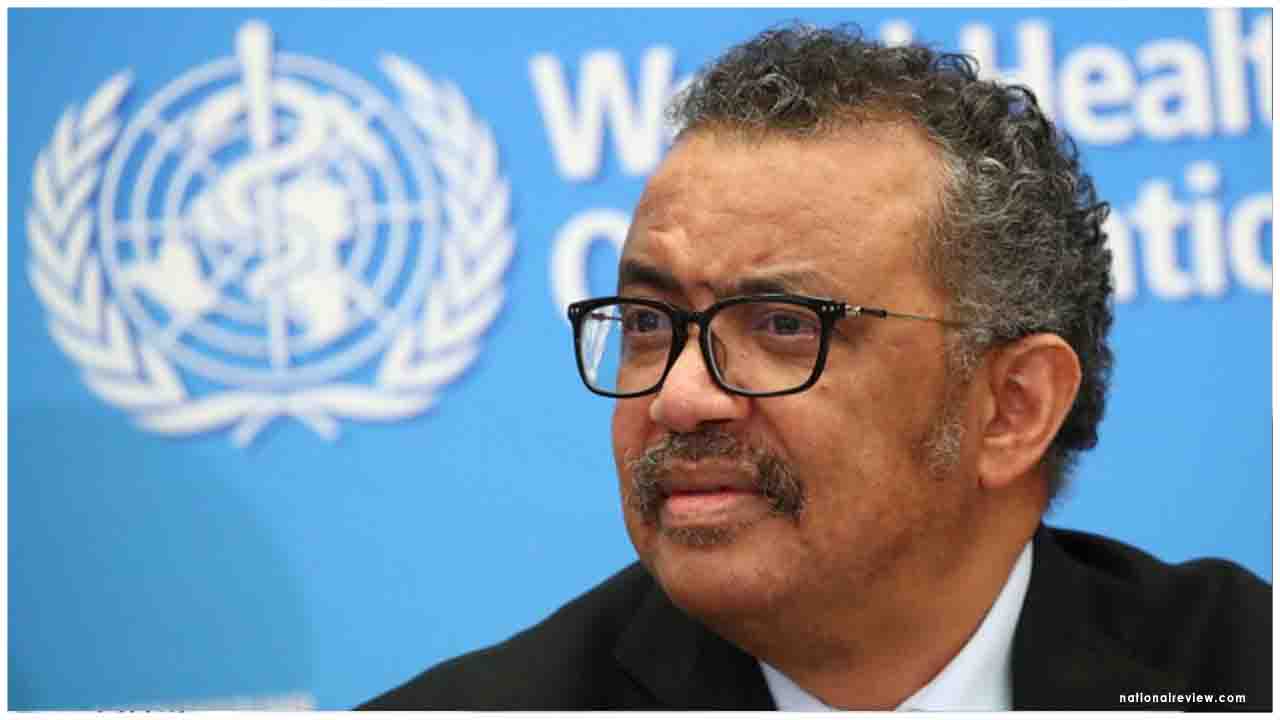Hundreds of scientists say there is evidence that the Novel Coronavirus in smaller particles in the air can infect people and are calling for the World Health Organization to revise its recommendations, the New York Times reported on Saturday.
The WHO has said the Coronavirus disease spreads primarily from person to person through small droplets from the nose or mouth, which are expelled when a person with COVID-19 coughs, sneezes or speaks.
In an open letter to the United Nations agency, which the researchers plan to publish in a scientific journal next week, 239 scientists in 32 countries outlined the evidence showing smaller particles can infect people, the NYT said.
In a forthcoming paper titled “It is Time to Address Airborne Transmission of Covid-19,” 239 signatories attempt to raise awareness about what they say is growing evidence that the virus can spread indoors through aerosols that linger in the air and can be infectious even in smaller quantities than previously thought.
Until recently, most public health guidelines have focused on social distancing measures, regular hand-washing and precautions to avoid droplets. But the signatories to the paper say the potential of the virus to spread via airborne transmission has not been fully appreciated even by public health institutions such as the WHO.
The fact that scientists resorted to a paper to pressure the WHO is unusual, analysts said, and is likely to renew questions about the WHO’s messaging.“WHO’s credibility is being undermined through a steady drip-drip of confusing messages, including asymptomatic spread, the use of masks, and now airborne transmission,” said Lawrence Gostin, a professor of global health law at Georgetown University who provides technical assistance to the organization.
The WHO did not immediately respond to a request for comment from Reuters.
Whether carried by large droplets that zoom through the air after a sneeze, or by much smaller exhaled droplets that may glide the length of a room, the coronavirus is borne through the air and can infect people when inhaled, the scientists said, according to the NYT.
However, the health agency said the evidence for the virus being airborne was not convincing, the NYT wrote.
"Especially in the last couple of months, we have been stating several times that we consider airborne transmission as possible but certainly not supported by solid or even clear evidence," Dr. Benedetta Allegranzi, the WHO's technical lead of infection prevention and control, was quoted as saying by the NYT.
With global figures around 10 million, the WHO has already warned of an accelerating pandemic, with its extension into the Americas, South Asia and Africa. While the European Union countries appear to have flattened the curve, meaning new infections have reduced significantly, the US is still leading in the total number of infections and deaths, followed by Brazil, Russia and then India. In the number of new infections, Brazil, the US and India are now showing the highest numbers. Clearly, the pandemic is not following a seasonal pattern, and rising temperatures have had little impact on the spread of the virus.
Story Source; Thomson Reuters/Washington Post/NYT

 WHO under pressure to change guidelines, from scientists
WHO under pressure to change guidelines, from scientists










.jpeg)



.jpg)




.jpg)





.jpeg)

.jpg)


